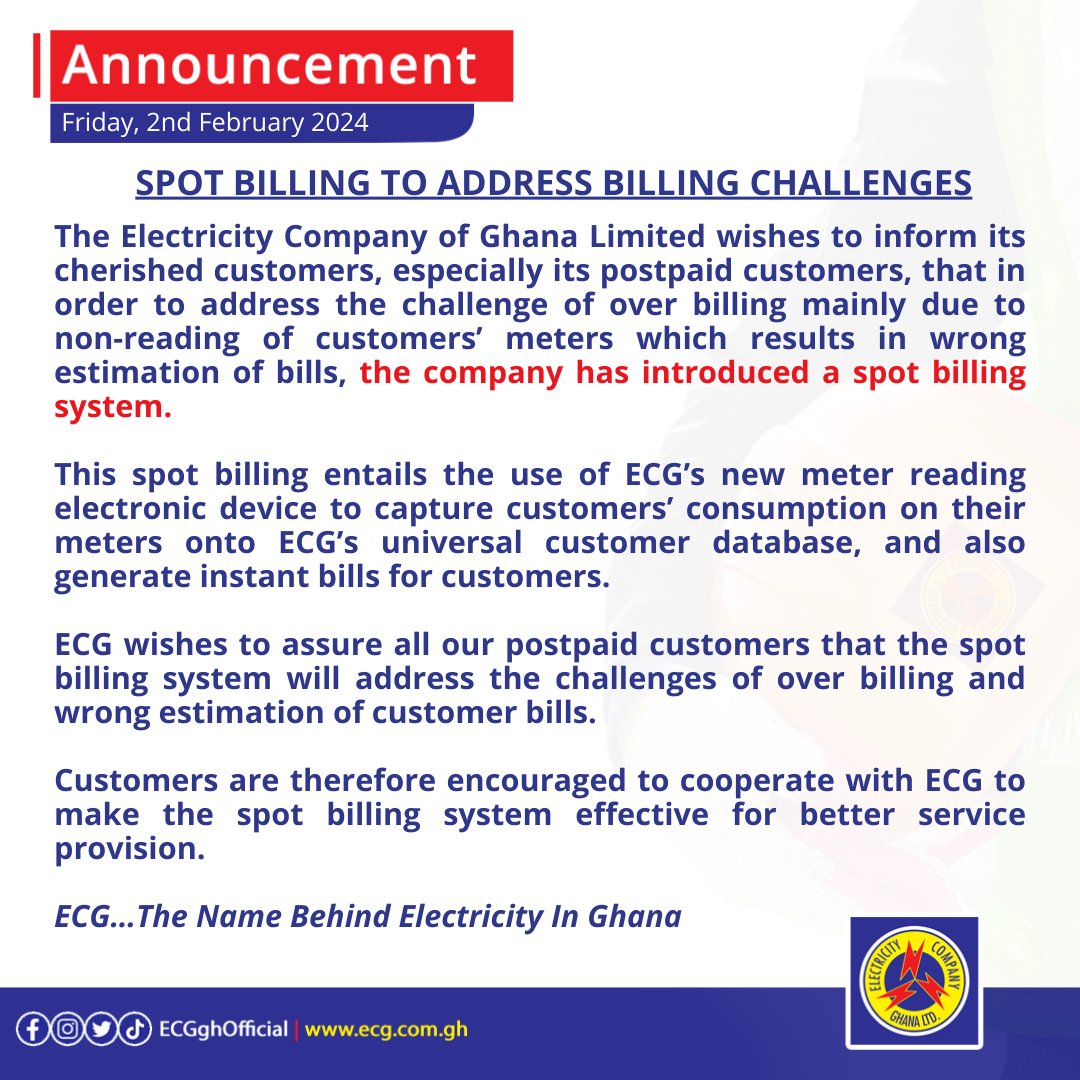

 In an era where accurate data drives sustainable development, the Economic Commission for Africa (ECA) is empowering countries with a groundbreaking tool to boost intra-African trade: the African Continental Input-Output Table (AfCIOT).
In an era where accurate data drives sustainable development, the Economic Commission for Africa (ECA) is empowering countries with a groundbreaking tool to boost intra-African trade: the African Continental Input-Output Table (AfCIOT).
The Input-Output Table is an innovative statistical tool that enables policymakers, businesses, and researchers to make informed decisions and foster sustainable economic development by decoding trends and dynamics of how goods and services are produced and traded across borders.
A boost for intra-African trade
Speaking at the opening of a Capacity-building regional workshop on the African Continental Input-Output Table in Addis Ababa, Director of the ECA African Centre for Statistics (ACS) and Chief Statistician for ECA, Oliver Chinganya, highlighted the revolutionary potential of AfCIOT, particularly as trade integration was being deepened across the continent.
“With the African Continental Free Trade Area (AfCFTA) now in full swing, the Input-Output table allows us to analyze the broader implications of this landmark agreement on trade, investment, employment, and sustainable growth across Africa,” said Mr. Chinganya, explaining that the tool also enables countries to identify opportunities for cross-border value chains and assess the impact of policy decisions on the ground.
The four-day capacity building workshop is being attended by national accountants, trade statisticians and balance of payment experts from 12 African countries to be included in the African Continental Input-Output Table. The AfCIOT delves into the intricate web of economic relationships, offering insights into how goods and services are produced and traded across countries. It empowers African countries to quantify the value of intra-African trade and optimize local value-added production, a key requirement in boosting the AfCFTA.
“As we move toward the full implementation of AfCFTA, the need for robust, accurate, and comprehensive data has never been more urgent,” said Mr. Chinganya, adding that, “By providing us with the data to quantify the economic relationships and the potential gains from trade, the Input-Output table enables us to make evidence-based decisions in the design of trade policies.
Addressing challenges
Africa’s trade statistics often portray economies competing rather than complementing one another, with countries exporting similar products to external markets while neglecting regional trade, according to research by the ECA. The AfCIOT aims to reshape this narrative, by analyzing the exchange of local value-add between African countries. It also helps policy makers fine-tune development strategies to promote local value-added production.
However, producing an accurate and comprehensive AfCIOT remains a challenge. “Inconsistent cross-border trade data reporting, particularly in Africa, creates significant gaps in understanding economic interactions,” he said, noting that often National Account data, which forms the foundation of input-output tables, is often incomplete or inconsistent across countries. This made it difficult to build a unified table for the continent and affected the accurate reflection of the interconnectedness of economies in Africa and globally. He called for data quality and availability to overcome these hurdles, especially with the increased role of services in the global economy.
Driving Africa’s trade integration
The AfCIOT builds on ECA’s collaboration with the Organization for Economic Co-operation and Development (OECD) and the World Trade Organization (WTO) to extend the coverage of African countries in the Global-Value-Chain and Trade-in-Value-Added analyses. Eight African nations feature in the WTO-OECD Trade-in-Value-Added (TiVA) database, with plans to include 25 countries in the AfCIOT by the end of 2024.
“The AfCIOT is not just a statistical construct, it is a critical tool for understanding and shaping Africa’s economic future,” declared Mr. Chinganya, “It will help us harness the power of the African Continental Free Trade Area, strengthen our trade negotiations, and design policies that support employment and sustainable development across the continent”.
Source: ECA
The post ECA introduces cutting-edge data tools to unlock Africa’s trade potential appeared first on Ghana Business News.
Read Full Story


























Facebook
Twitter
Pinterest
Instagram
Google+
YouTube
LinkedIn
RSS